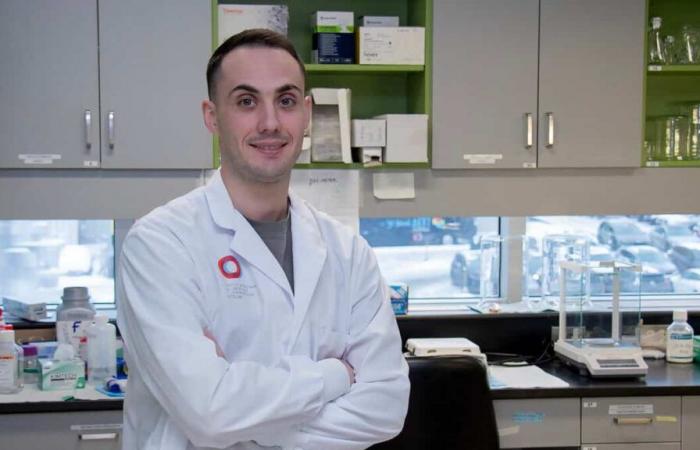A team of researchers from the University Institute of Cardiology and Pneumology of Quebec has made a discovery which represents a major advance in the fight against cardiovascular diseases.
This concerns the role of an enzyme that could revolutionize the treatment and prevention of heart attacks and strokes. This is the enzyme ATP-citrate lyase (ACLY), a key enzyme in cellular metabolism involved in the production of lipids necessary for the growth and repair of blood vessel walls.
The Pulmonary Arterial Hypertension (PAH) Research Group of the University Institute of Cardiology and Pneumology of Quebec (IUCPQ-ULaval) composed of several researchers, including Dr.r Yann Grobs discovered that this enzyme can do much more, while it also plays a regulatory role in DNA repair and gene expression.
This paves the way for innovative approaches to slow vascular remodeling (thickening of the wall of the pulmonary or coronary artery) and prevent complications of coronary heart disease.
Major turning point
The Dr Grobs cites as an example patients who have hypercholesterolemia, considered a risk of cardiovascular disease.
“What this adds is that for patients who have problems with hypercholesterolemia or patients who have significant coronary remodeling, we can imagine stents (prostheses which treat a narrowed artery) which will release small doses of medicines,” specifies the Dr Yann Grobs.
Ultimately, this will help prevent recurrence of vascular remodeling or stent failure.
“This represents a major turning point in our understanding of cardiovascular diseases; it could soon be possible to reduce heart attacks and strokes, but also slow the progression of these diseases,” enthuses the researcher.
This discovery represents a source of hope for millions of patients suffering from cardiovascular disease, which is also one of the leading causes of mortality worldwide.
Do you have any information to share with us about this story?
Write to us at or call us directly at 1 800-63SCOOP.
Health






